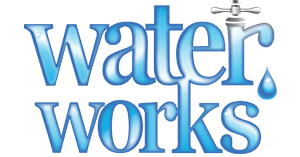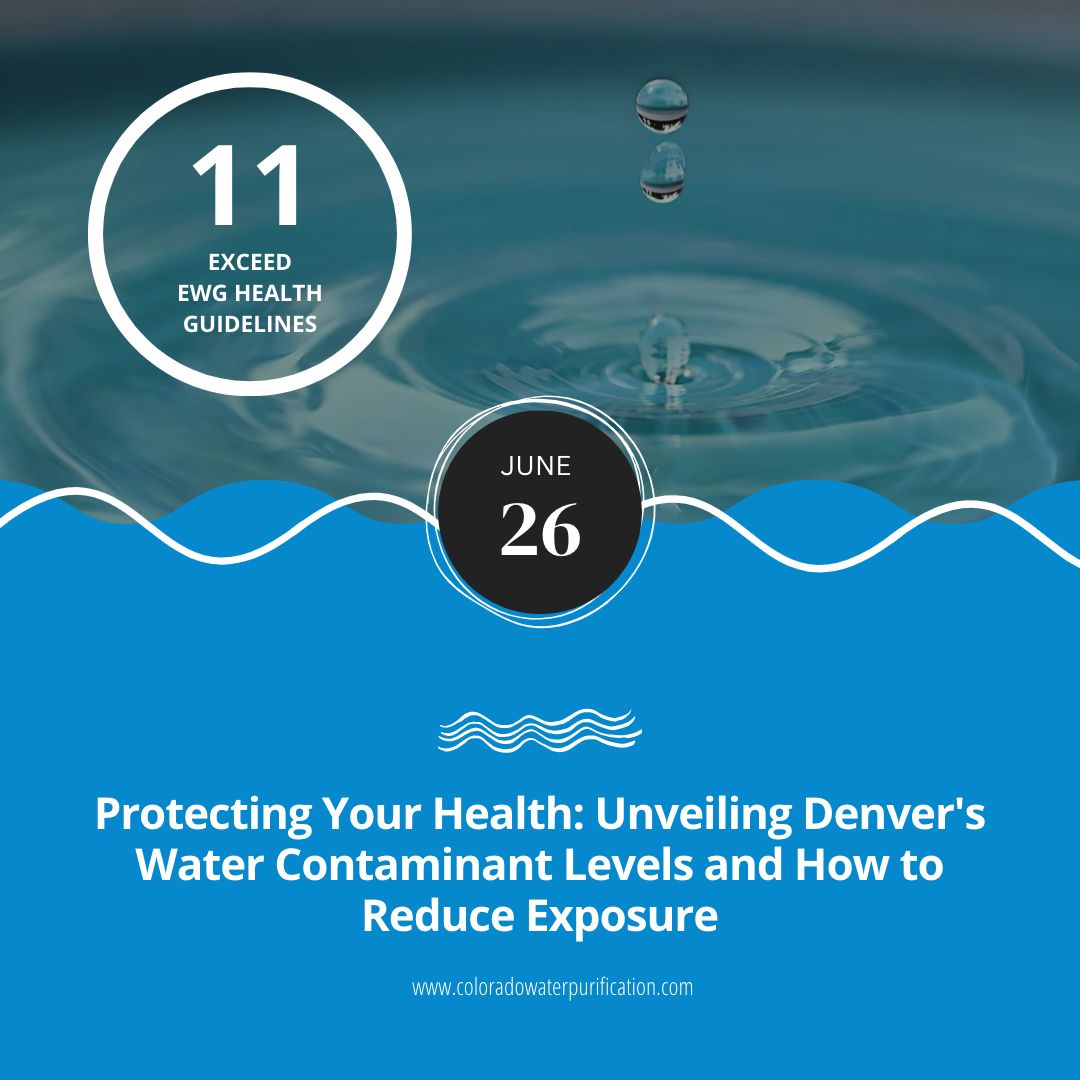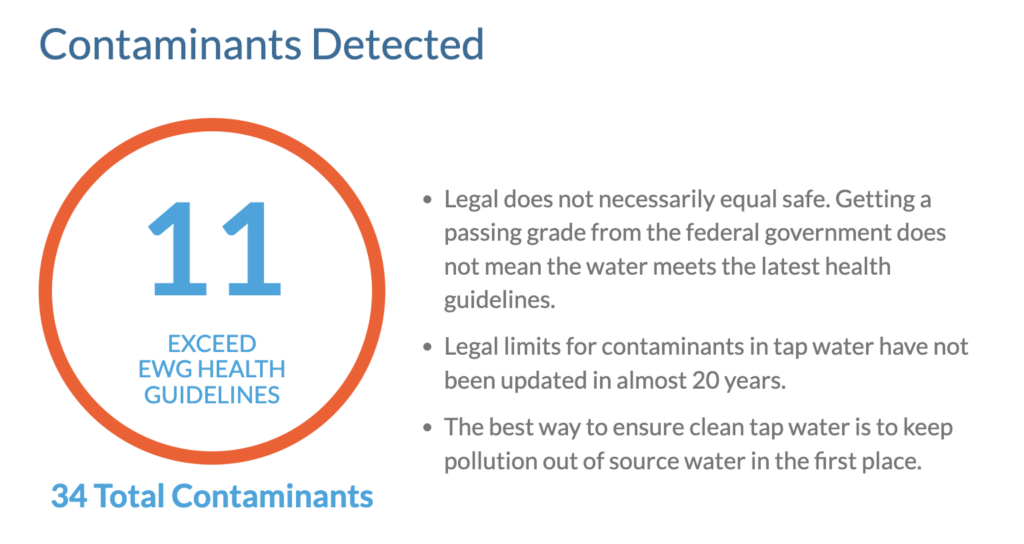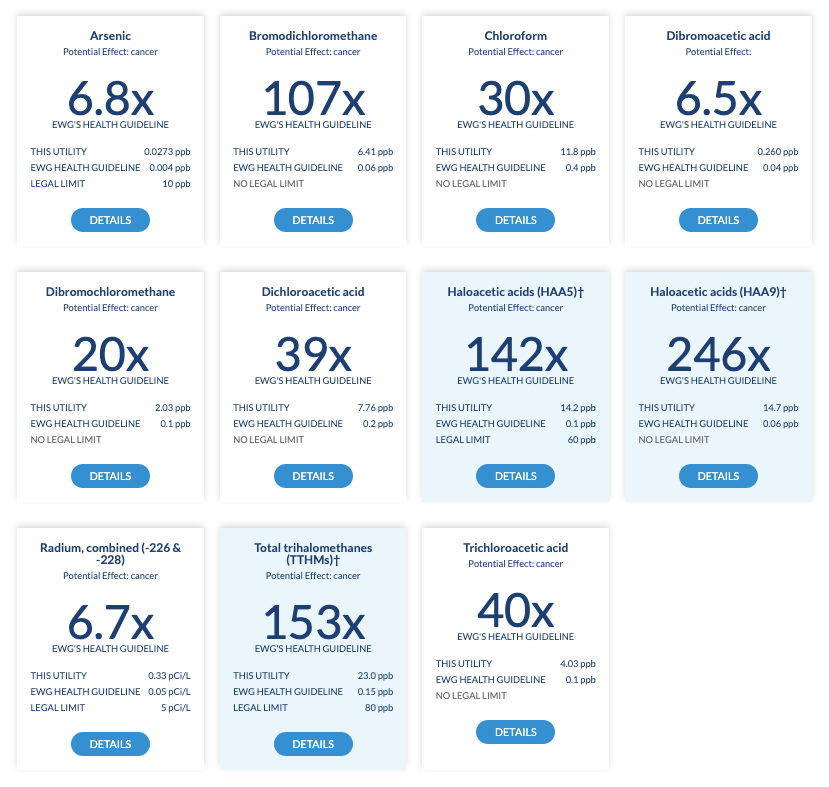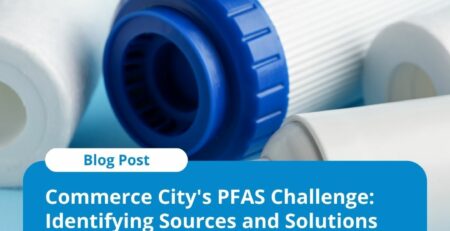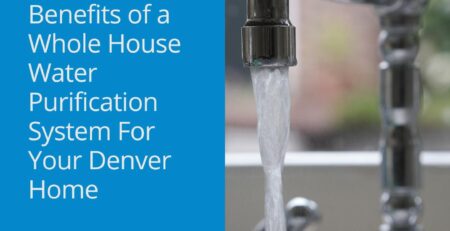Protecting Your Health: Unveiling Denver’s Water Contaminant Levels and How to Reduce Exposure
Nick2023-08-07T14:05:56-06:00Water is a vital resource that sustains life, but the quality of our tap water can sometimes be a cause for concern. In the case of Denver’s water system, recent findings have revealed the presence of several contaminants that exceed health guidelines set by the Environmental Working Group (EWG). In this blog, we will explore the most concerning contaminants found in Denver’s tap water and provide you with practical tips to minimize your exposure to these harmful substances.
Understanding the Concerning Contaminants:
Arsenic:
Arsenic, a naturally occurring element, can pose significant health risks when present in high levels. Prolonged exposure to arsenic through drinking water has been linked to various health issues, including skin, lung, bladder, and kidney cancer. It is crucial to take proactive steps to reduce your exposure to this harmful contaminant.
Chromium 6:
Chromium 6, a toxic metal, has gained attention due to its carcinogenic properties. Prolonged exposure to high levels of chromium 6 through drinking water has been associated with an increased risk of lung cancer. Safeguarding yourself and your family from this contaminant is of utmost importance.
Lead:
Lead, a heavy metal, is well-known for its detrimental effects on human health, particularly on the brain and nervous system. Children and pregnant women are particularly vulnerable to lead exposure. Taking measures to minimize lead contamination in your tap water is crucial to safeguard the well-being of your loved ones.
TTHMs:
Trihalomethanes (TTHMs) are a group of chemicals that form when chlorine reacts with organic matter in water. Prolonged exposure to TTHMs has been linked to various health issues, including an increased risk of bladder cancer, reproductive problems, and developmental issues in children. Minimizing TTHM exposure is vital for maintaining good health.
HAAs:
Haloacetic acids (HAAs) are formed when chlorine reacts with ammonia in water. Similar to TTHMs, prolonged exposure to HAAs can have adverse effects on human health, including an increased risk of cancer. Implementing strategies to reduce HAAs in your tap water is essential for protecting your well-being.
Reducing Your Exposure to Contaminants:
Flushing Your Tap Water:
Before using tap water for drinking or cooking, allow it to run for a few minutes. Flushing the water helps remove any contaminants that may have settled in the pipes, ensuring a cleaner water supply.
Avoid Using Hot Water:
When consuming tap water, steer clear of using hot water. Hot water has a higher capacity to dissolve contaminants from the pipes, potentially increasing your exposure to harmful substances. Opt for cold water whenever possible.
Replacing Lead Service Lines:
If you have a lead service line connecting your home to the water main, it is crucial to have it replaced. Lead service lines can leach lead into your tap water, especially if the water is acidic. Contact your local water utility for guidance on replacing lead service lines and ensuring a safer water supply.
Filter Your Tap Water:
Consider installing a water filtration system to further minimize your exposure to contaminants. Look for filters that specifically target the contaminants present in Denver’s tap water, such as arsenic, chromium 6, lead, TTHMs, and HAAs. Research and choose a filtration system that best suits your needs and budget.
Empowering Yourself with Information:
For more comprehensive information about the contaminants in your tap water, the EWG Tap Water Database is a valuable resource. It provides detailed insights into the water quality in your area, including specific contaminants and their levels. By staying informed, you can make informed decisions regarding the safety of your tap water.
Ensuring the quality and safety of your tap water is paramount for maintaining good health. In light of the concerning contaminants detected in Denver’s water system, taking proactive steps to reduce your exposure becomes crucial. By implementing the suggested tips and exploring filtration options, you can protect yourself and your loved ones from the potential risks associated with these contaminants. Stay vigilant, informed, and proactive in safeguarding your health and well-being.
Read more about the water contaminants in Denver’s water supply:
